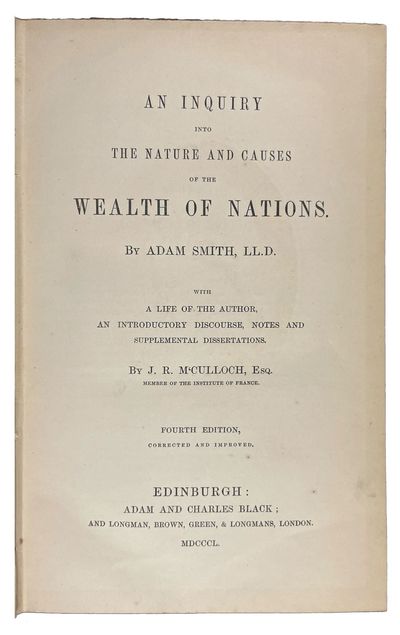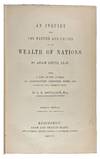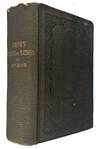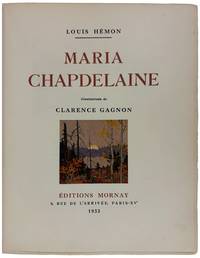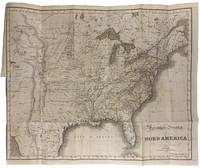1850 · Edinburgh: Adam and Charles Black;
by SMITH, Adam (1723-1790); John Ramsay M'CULLOCH (1789-1864)
Edinburgh: Adam and Charles Black;: and Longman, Brown, Brown, Green & Longmans, London, 1850. (8 3/4 x 5 9/16 inches). Half-title, Title, [vi], [i]-lxvi, [1]-685, advertisement leaves. Largely uncut and unopened. Illustrated with two portraits of Smith by Scottish engravers, Robert Charles Bell (1806-1872) and John Kay (1742-1826). In brown cloth with decorative blind tooling, spine gilt. Slight wear to the top and bottom of spines.
Few works cast as long and enduring a shadow as Adam Smith's Wealth of Nations in the pantheon of economics theory and beyond. Originally authored in the throes of the Enlightenment, Wealth of Nations remains (truncated)
Few works cast as long and enduring a shadow as Adam Smith's Wealth of Nations in the pantheon of economics theory and beyond. Originally authored in the throes of the Enlightenment, Wealth of Nations remains (truncated)
